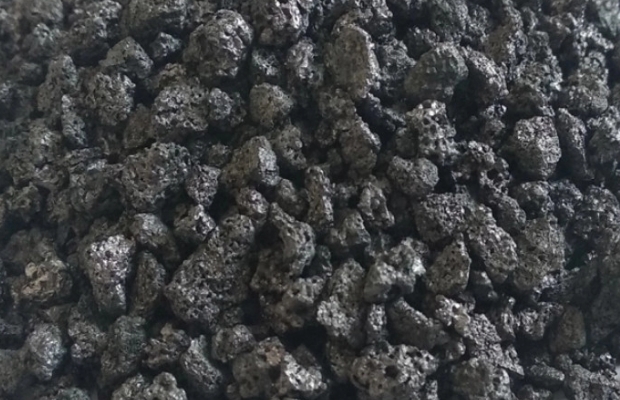
Carbon raisers for low-carbon iron and cast iron are additives used in iron and cast steel to increase carbon content. You may also refer to it as a graphitized petrol coke additive, recarburizer and carbon additive. Carbon raiser can be made by graphitizing calcined petroleum. In a special graphitizing kiln, coke is heated until it reaches high temperatures. This creates an irregularly shaped carbon particles with a metallic luster and a much lower sulfur content.
A number of factors can reduce the quality and carbon content of the molten metal. Carbon raiser is used to improve the quality and carbon content of the final steel or iron. Carbon raiser can be obtained from a number of sources, including calcined petroleum coke, graphitized petroleum coke and anthracite coal.

Good carbon additives will have low levels of oxygen, nitrogen and hydrogen, which prevents porosity defects. This will guarantee that the final product is as strong and durable as possible. Superior Graphite produces Desulco® a premium, consistent, and cost effective carbon additive to be used as a ladle metallurgy charge carbon. It can be found in flake or powder form, and is used to reduce the chill depth of grey cast iron and ductile iron.
Graphitized Petroleum Coke is produced in a graphitizing oven by heating petroleum coke green at very high temperatures. The raw petroleum coke is transformed into graphite by heating it at a high temperature in a special graphitizing furnace. This increases the carbon content of the material while reducing the sulfur to the lowest possible level. It is ideal as a carbon raiser for low-carbon steel smelting and casting, as it will provide the needed carbon level with very little impurities.
Carbon raising agents are in high demand as low-carbon materials continue to be demanded. Desulco®, a high quality carbon additive, allows smelters and steel producers to produce better quality steel. This saves them money by reducing scrap and reworking. This is true especially in the case where arc-melting is used, as carbon is needed to reach low melting points. Carbon additives with low sulfur are essential for maintaining melt temperatures and slag flows.

Write a Message